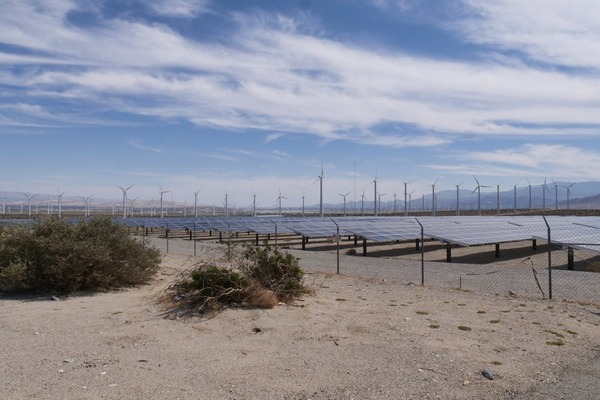Tunisia’s 2025 draft budget includes an allocation of 7.1 billion Tunisian dinars ($2.2 billion) for the development of its power sector. This investment, outlined in a report by the Electricity Ministry, aims to support renewable energy projects and address the country’s energy needs.
The report states that Tunisia aims to generate 35 percent of its electricity from solar and wind power by 2030. This is part of efforts to reduce dependence on electricity imports. In the first nine months of 2024, 14 percent of Tunisia’s electricity came from imports, with the remainder generated domestically.
The government plans to use the allocated funds to expand renewable energy infrastructure and ensure sufficient subsidies are in place to maintain stable electricity prices. According to the Electricity Ministry, the country’s renewable energy projects are expected to produce approximately 4,850 megawatts of green electricity by 2030.
Ongoing and planned projects include solar and wind energy facilities. Among these is the Tozeur Solar PV Plant, which adds 20 megawatts to the national grid. Furthermore, there are plans for a 200-megawatt solar farm in Kairouan, designed to add to the solar energy capacity. In the wind energy sector, projects like the Sidi Daoud Wind Farm and others in regions such as Kebili are contributing to increased energy production from renewable sources.
The ministry’s report emphasizes the importance of these developments in meeting rising energy demand while reducing reliance on external sources. The renewable energy projects are also intended to promote energy diversification and lower environmental impact in Tunisia.
The 2025 budget focuses on enhancing domestic power production while supporting economic stability through subsidies and infrastructure investments. The Electricity Ministry views these initiatives as necessary to ensure a stable and reliable power supply for the country.


